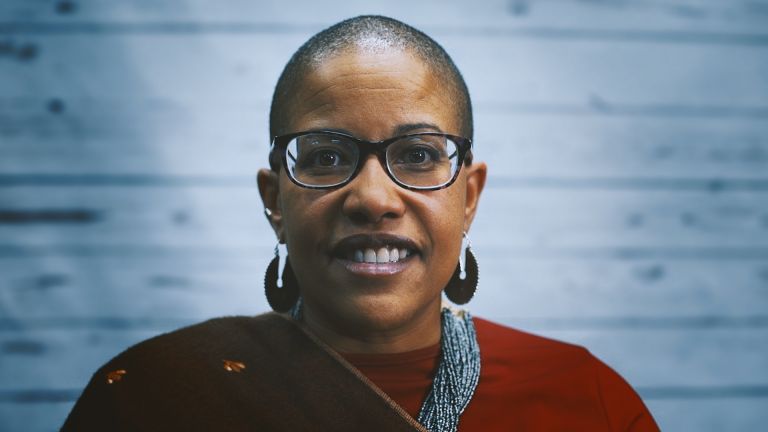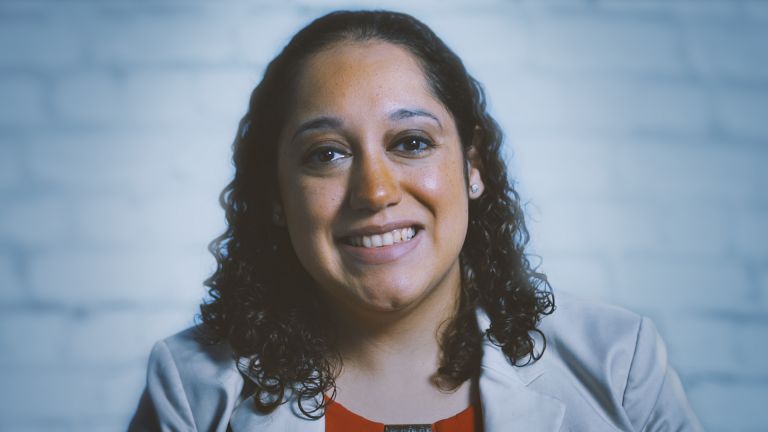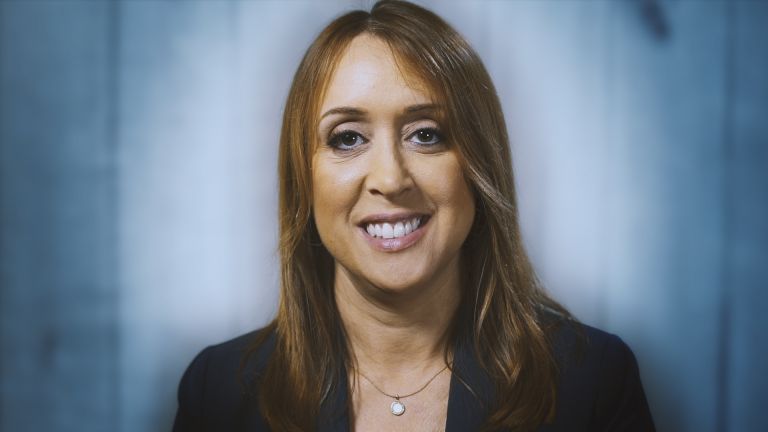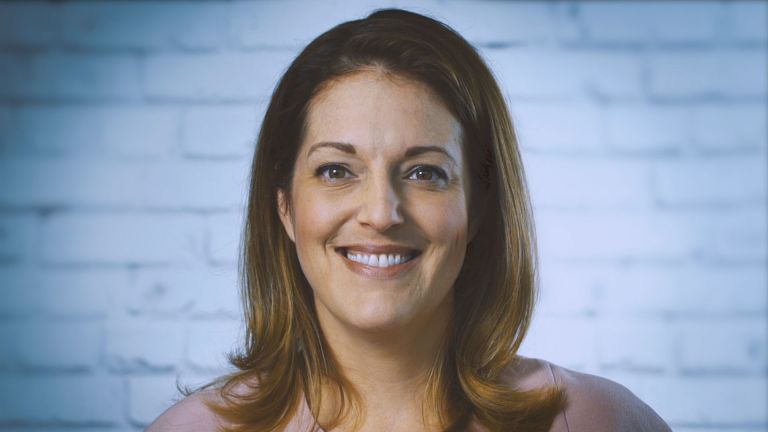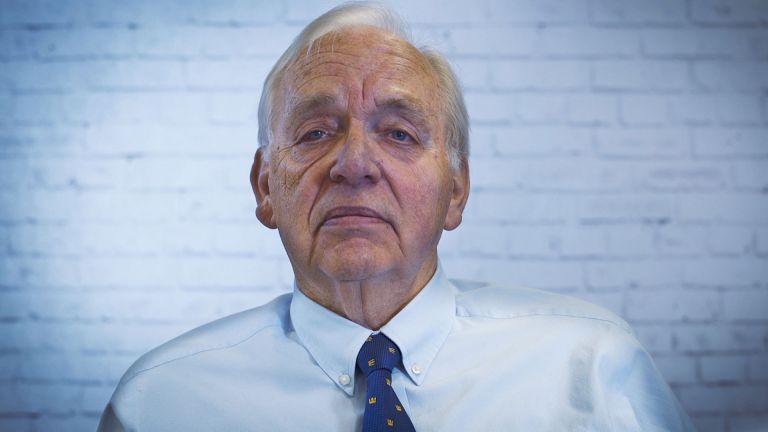Megan Devine, LPC
Megan Devine is a psychotherapist, speaker and grief advocate. She is the best-selling author of It’s OK That You’re Not OK: Meeting Grief & Loss in a Culture that Doesn’t Understand. Megan’s animated video How to Help a Grieving Friend has been viewed over 28 million times and is used in trainings around the world.
We’ve got such a strongly entrenched entertainment narrative. It's in books, it’s in movies, it's everywhere that our character has this terrible thing that happens to them and then they go through this journey, right? Where they learn what was really important to them. Where they have to learn some life lesson by going through this hardship that they couldn’t have found out any other way.
And, when they find that, it’s like the puppy dogs arrive and the butterflies and the rainbows and our our hero rides off into the sunset carrying with them, you know, all of the gifts and the lessons that they’ve learned. It’s the classic entertainment arc, right? If you don’t do that if you don’t follow that expected narrative arc of some terrible event to sunshine and rainbows, then you’re failing the narrative. We’re all sort of expecting ourselves and expecting each other to find that happy ending.
Life doesn’t always have a happy ending. I think that we have to start telling the truth about that. Terrible things happen; and we learn to live with them.
Grief changes your entire address book. The people that you thought would stand by you forever fly off into the ethers or do things so weird and so rude that you have to write them off because you just can't tolerate them in your space. And, people you maybe never thought in your life before death that um would have sort of the emotional chops to show up and listen like people surprise you. I think people surprise you in both directions.
Better is a really strange word to use after the death of somebody you love, so I think of it more as grief gets different. What grief looks like ten years out is going be different for each person. There’s no one-lie fits all for that either. And, again, I think whatever grief feels like for you in this moment at this time is exactly what it should. There’s no one right way. There’s no end point. And, there are days where you feel like you got this and you can live this life without your person. And, there are other days where you feel like you can’t survive one more minute without them here and both of those things are equally healthy and equally valid.
As a support person, your goal here is to not to make anything better for your grieving person; it’s to help them feel supported and held no matter what is going on for them.
When you lose somebody, you don’t just lose them at one, fixed point in time you lose them throughout time. Right? This gets really clear if you think about a parent or a child. So, if your child dies and you see of your child’s peers growing up and graduating high school and going to college or going on adventures; your child will never do that. But, their absence is present in all of those life markers in other people.
I think when we say “the bereaved,” it puts this whole, like, weird Victorian spin on things—that’s not the way humans talk. Like, I don’t know anybody who—I think when you say like bereaved you automatically go into that hushed tone, bereavement, sort of… It’s a weird language. And, I think the fact that we don’t know what word to use and we don’t know what language to use really points to we are so weird about grief in this culture. There hasn’t been a different or a new way of talking about grief for decades. So when we start to talk about it, we’re left sort of scrambling for the language. And we we cling on to these words that sound so foreign in our mouths right now because they’re not of this era. Bereavement and the bereaved, like … that’s not us right now. I don’t know what is, but it’s not that.
“The greatest gift you can give someone who is experiencing the loss of a loved one is the ability for you to listen to their story without attempting to fix anything.”Megan Devine
